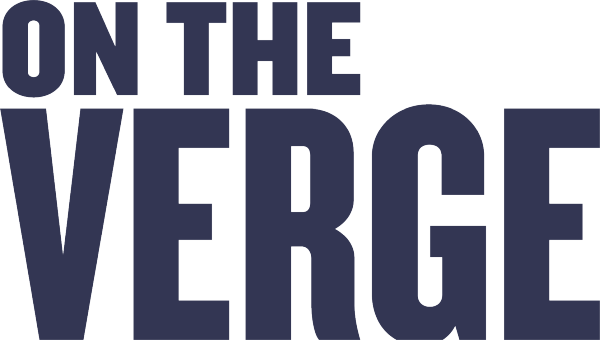“On The Verge”
We convene the 2026 AAA Annual meeting with the theme “on the verge,” an intentionally capacious theme that speaks to this moment and its many problems—the climate crisis and its tipping points, encroaching authoritarianism, the transmutations of racial biopolitics, the fate of neoliberalism, the development and spread of artificial intelligence, teetering institutions, to name a few—while also provoking reflection on what is left behind and what is up ahead. “On the verge” draws attention to both endings and beginnings, while inhabiting the space in between.
A verge is a threshold between one thing and another that calls to mind edges, borders, brinks, and boundaries of all sorts and types: material, epistemological, moral, political, temporal, epochal, conceptual, structural, systemic and so on. But, more than that, to be on the verge is to be located somewhere specific within a transformational space. “On the verge” therefore has an energetic quality. It is an anticipatory—even suspenseful—state of heightened attunement, whether tied to reflection and diagnosis, or to action, engagement, and intervention.
“The verge” can be a generative place of invention, discovery, new ideas, new practices, new publics, new alliances, and new collectivities. Yet, when it comes to the new and emergent, “on the verge” suggests the tentative and preliminary more than the fully baked. It prompts us to look for nascent potential and to be courageously experimental.
“On the verge” speaks to some features of anthropology, too. That’s because anthropology, as a discipline, seems constitutionally “on the verge.” One of the lessons of interpretive anthropology is that cultural understanding is something to be striven towards in spite of the fact that it inevitably falls short. Thus, striving to understand the perspectives of others—their lived experiences and forms of life—or to glimpse possible futures is always an exercise in being on the verge, and anthropology has long been committed to the view that “the verge” is worth the effort. Similarly, practicing anthropologists make a profession of speaking from and across boundaries of all sorts, working on the verge of epistemic communities and institutions, with their practical demands for knowledge, while reflecting on the terms of response to urgent demands for justice. Anthropology is therefore perennially on the verge, inviting us to consider what it means when the verge turns out to be an enduring place.
Relatedly, “on the verge” directs attention towards critical junctures. But what if change comes without a decisive and identifiable inflection point? The sense of being on the verge can therefore be misleading, masking transformations that are well underway. Such a perspective therefore prompts us to scrutinize our own assessments, intuitions, and positioning, and ask, can the sense of being on the verge be illusory? In other words, are we still (or were we ever) on the verge?
Participants are encouraged to respond to this call with papers, panels, posters, and creative presentations that engage with “verges” of all sorts. Our hope is that participants will tinker with this theme and make it their own, bringing the full breadth of anthropological knowledge and research to share, and creating a dynamic conference. We look forward to seeing you in St. Louis!


